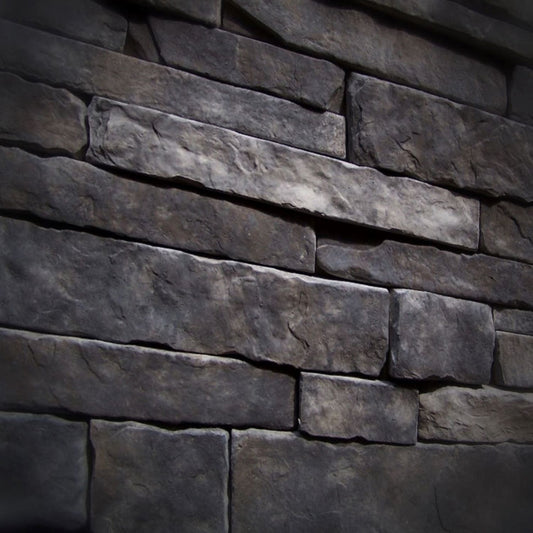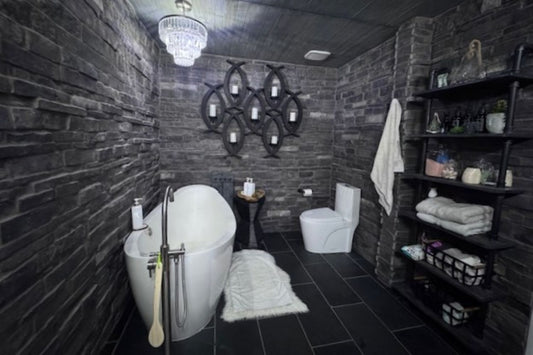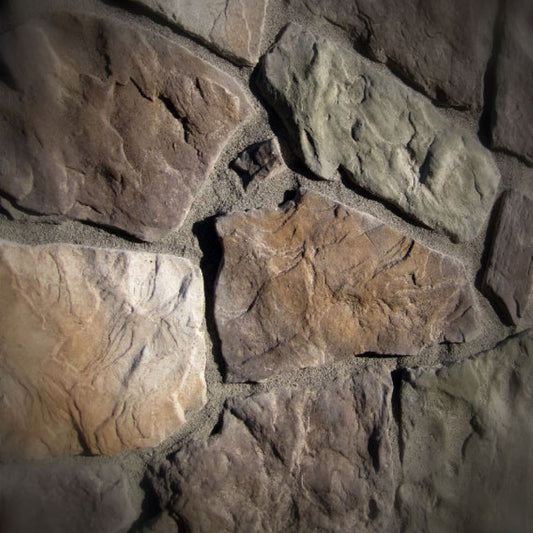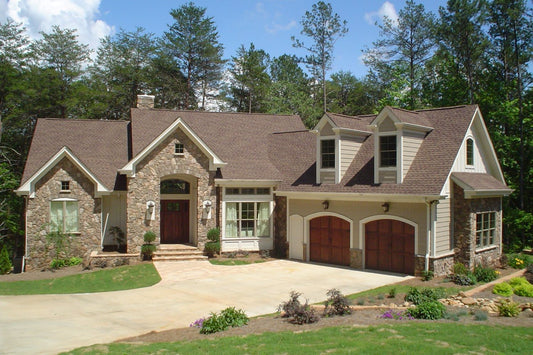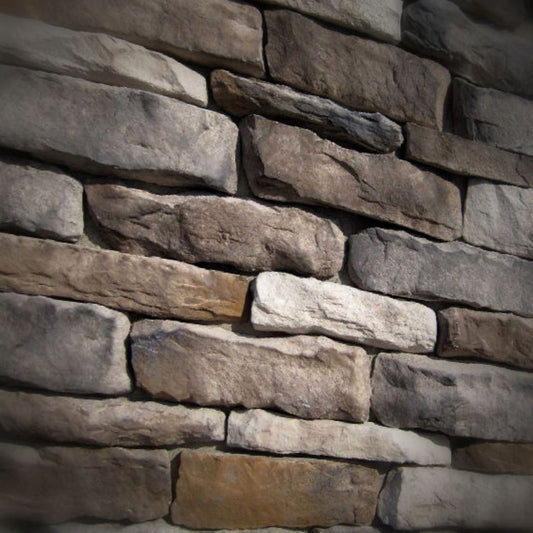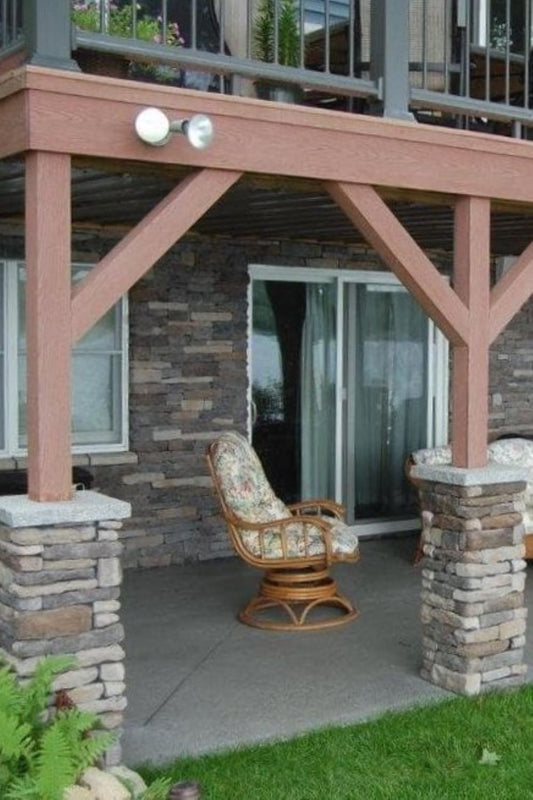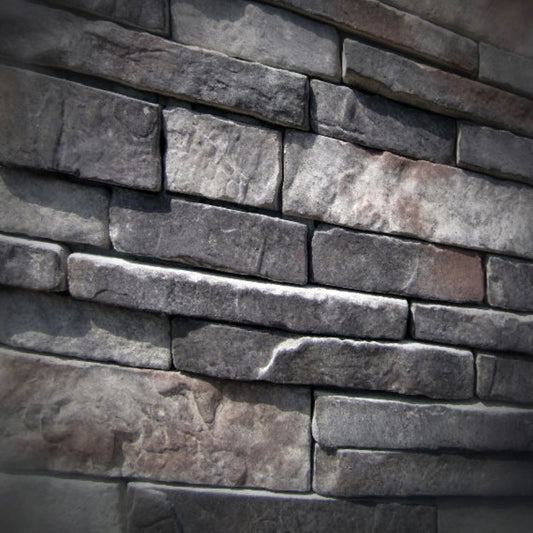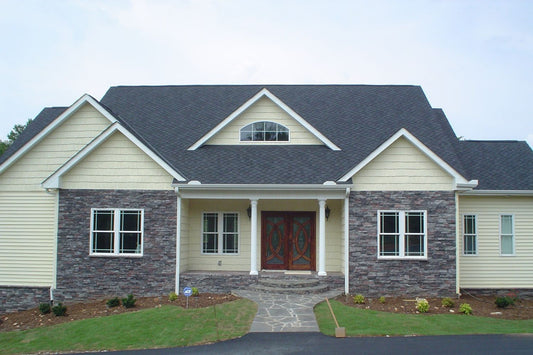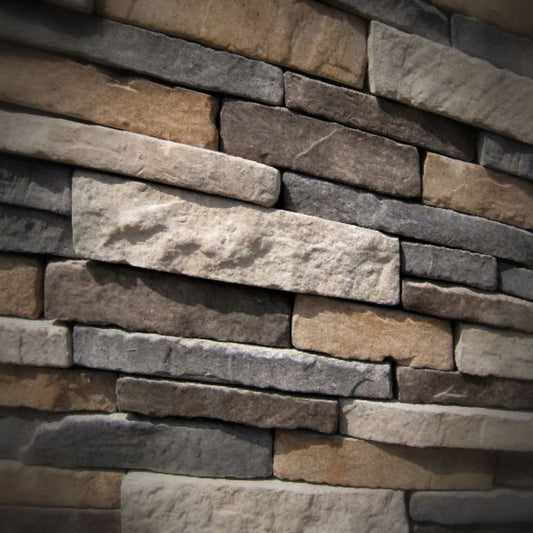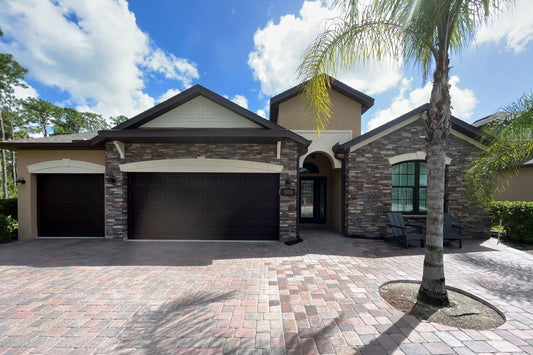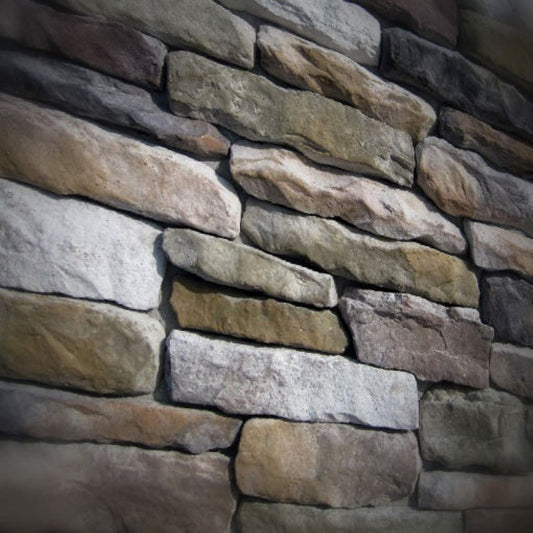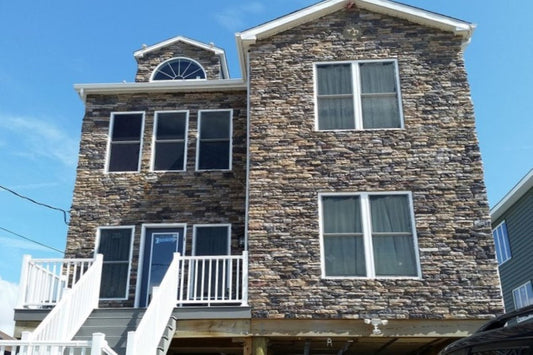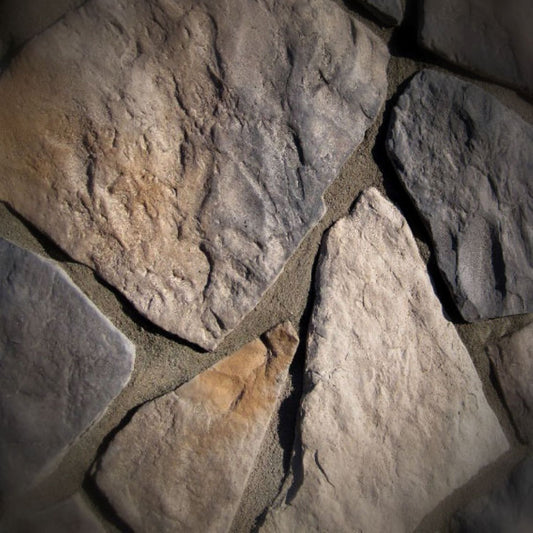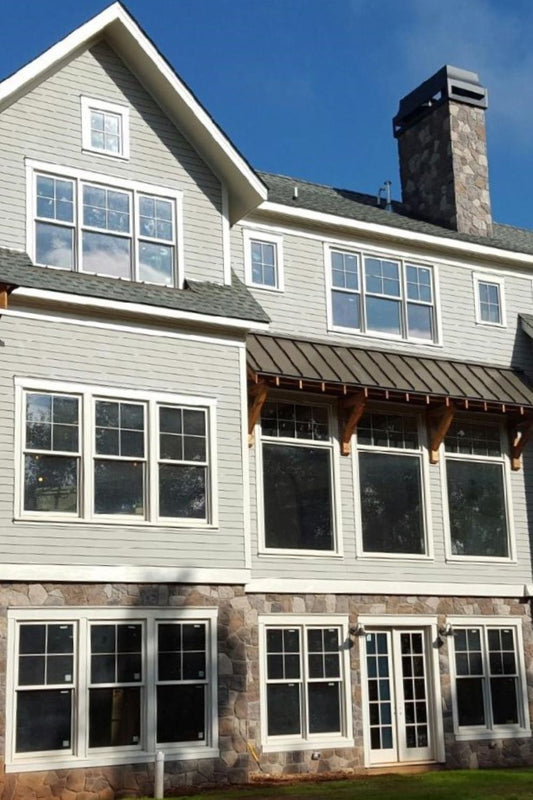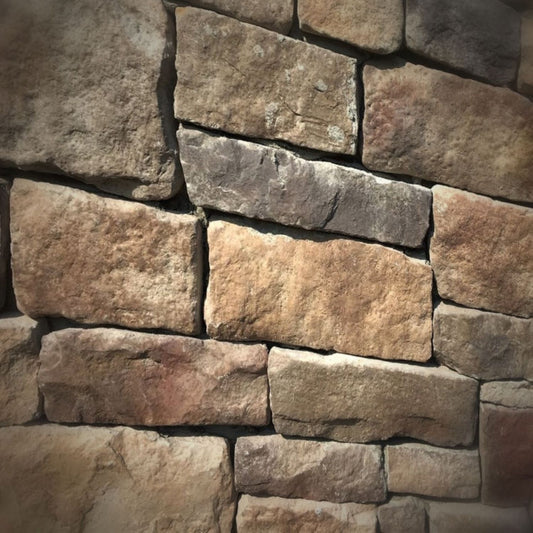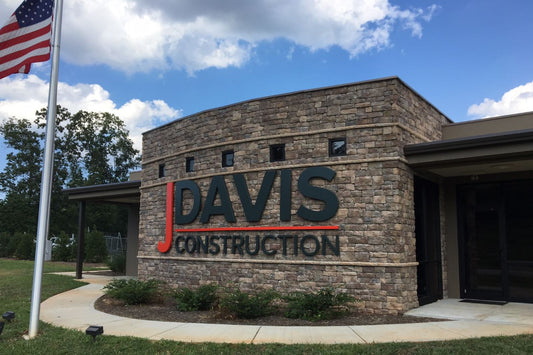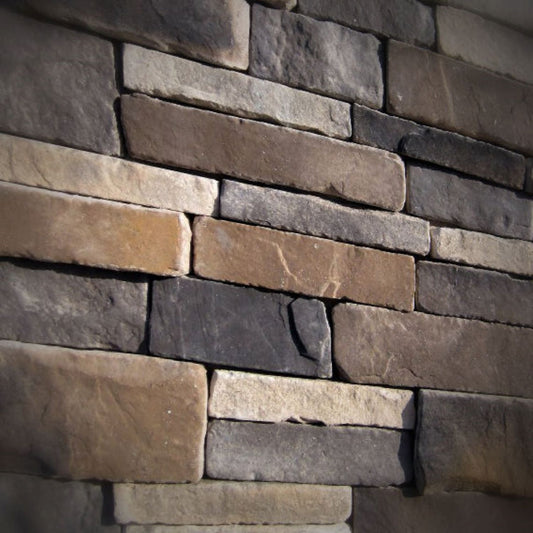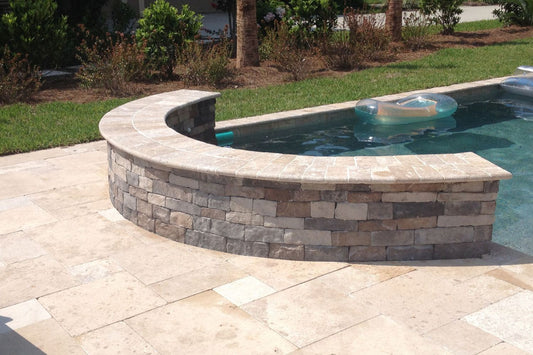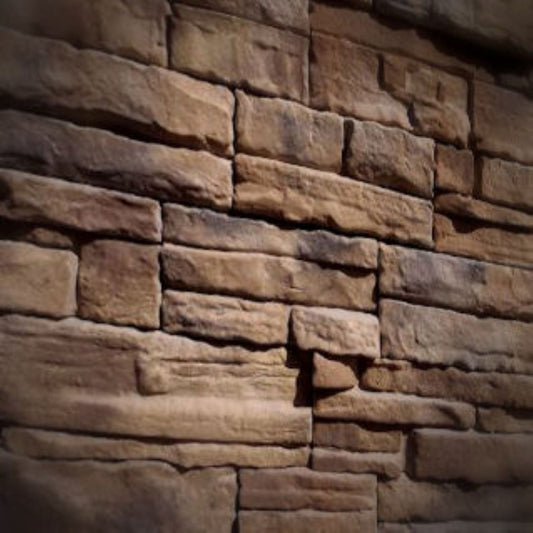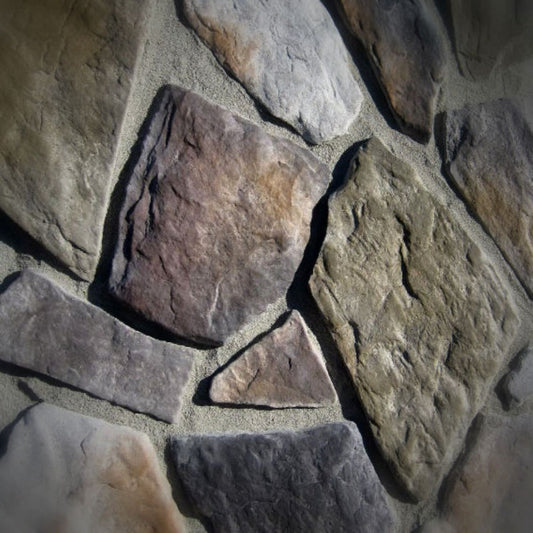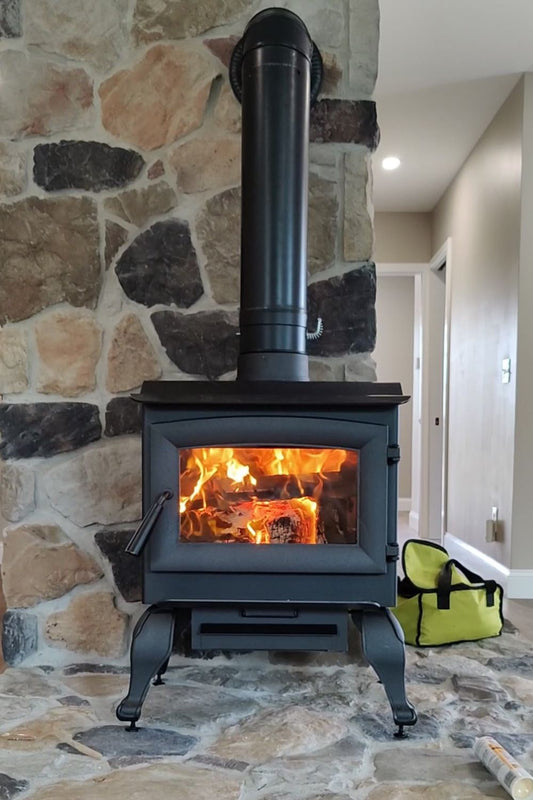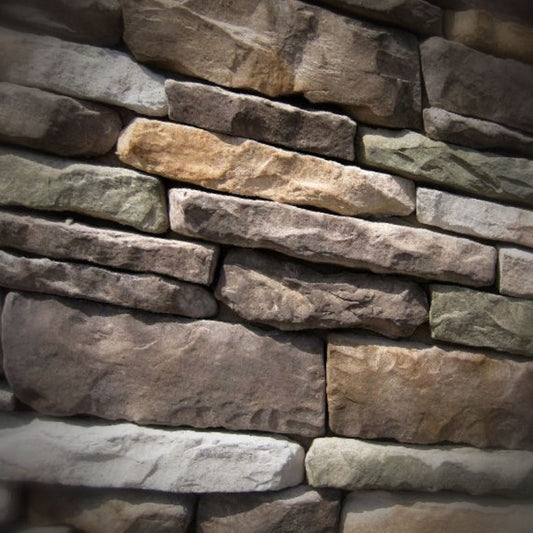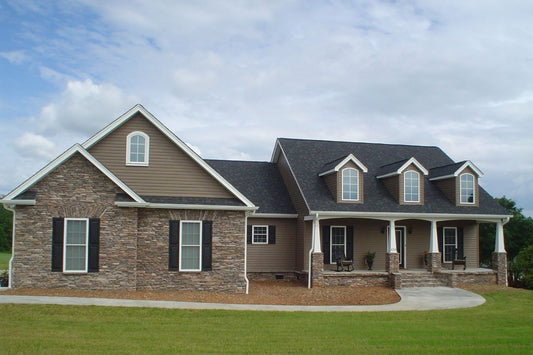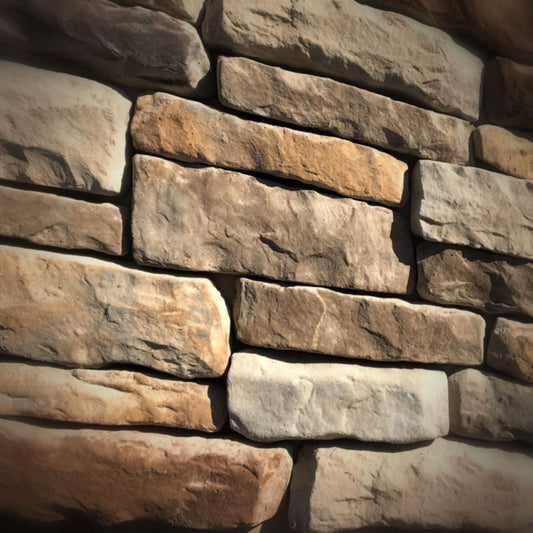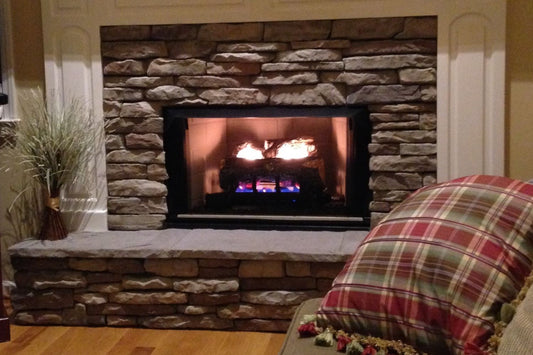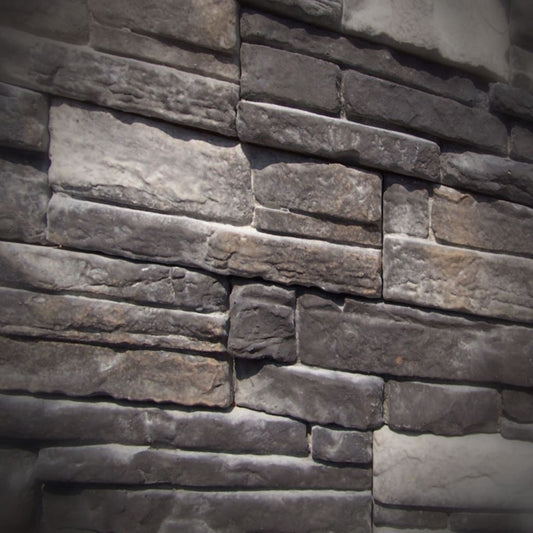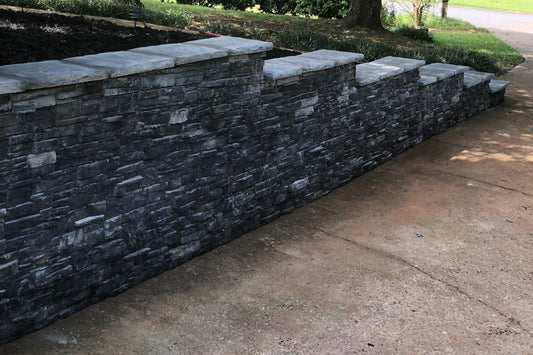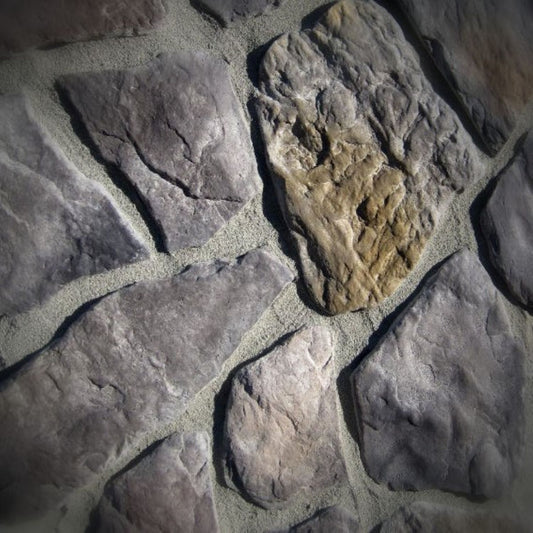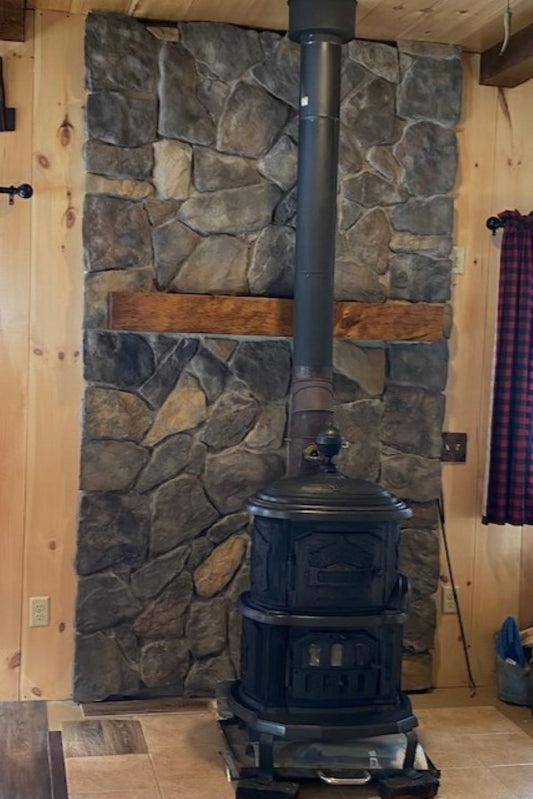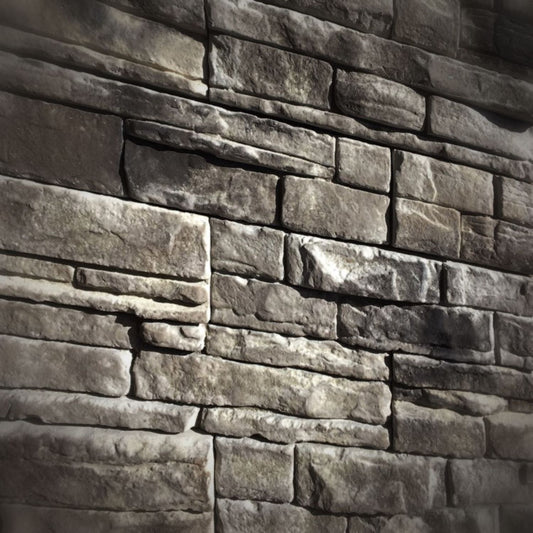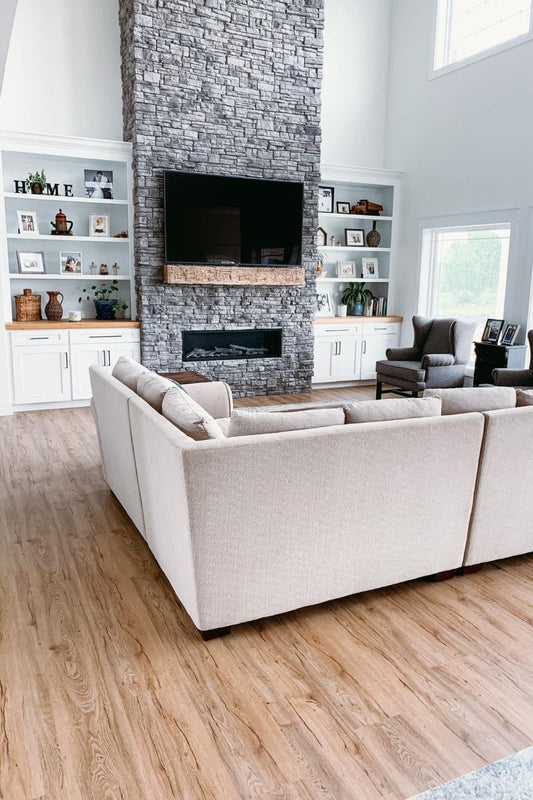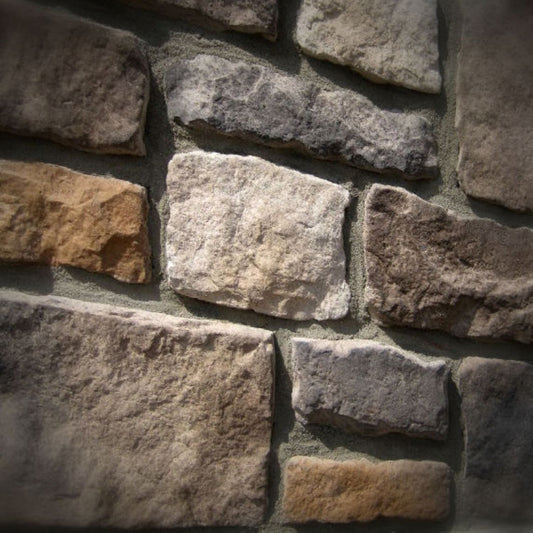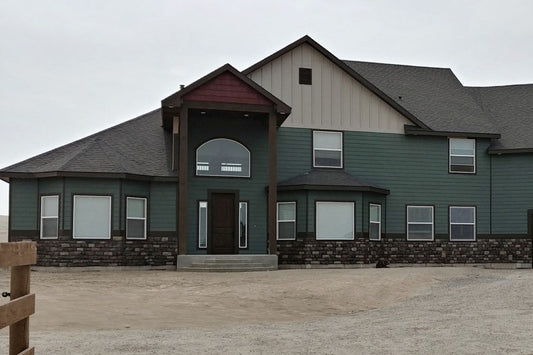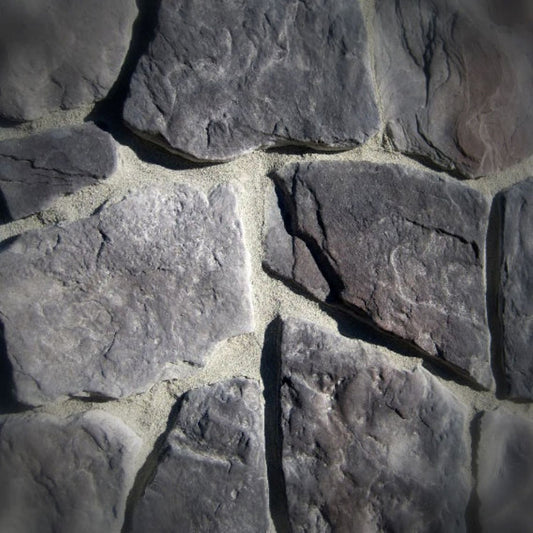
Is Manufactured Stone Veneer Real Stone?
Share
When it comes to enhancing the aesthetic appeal of a home, many homeowners and builders turn to stone veneer for its timeless beauty and natural look. However, a common question arises: Is manufactured stone veneer real stone? In this blog post, we'll explore the nature of manufactured stone veneer, how it compares to natural stone, and its advantages and disadvantages.
Originally posted May 23, 2024, updated January 27, 2026.
Understanding manufactured stone veneer
Manufactured stone veneer, also known as faux stone, cultured stone, or synthetic stone, is not real stone. Instead, it is a man-made product designed to mimic the appearance of natural stone. Here’s how it’s made and why it has become so popular.
Composition and manufacturing process
1. Materials: manufactured stone veneer is typically made from a blend of Portland cement, lightweight aggregates, and iron oxide pigments. These materials are mixed to create a slurry that is poured into molds.
2. Molds: the molds are crafted from real stone to capture the texture and detail of natural stone surfaces. This ensures that the final product closely resembles the look of real stone.
3. Coloring: iron oxide pigments are added to the mixture to provide a realistic color that mimics the hues and shades found in natural stone. The coloring process ensures that each piece of veneer has a natural variation, enhancing its realistic appearance.
4. Curing: after the slurry is poured into molds and shaped, it is left to cure and harden. The curing process gives the manufactured stone its durability and strength.
Advantages of manufactured stone veneer
1. Cost-effective: one of the most significant advantages of manufactured stone veneer is its cost. It is generally less expensive than natural stone, making it an attractive option for budget-conscious projects.
2. Lightweight: manufactured stone veneer is lighter than natural stone, which simplifies the installation process. This reduces labor costs and allows for easier application on various surfaces, including wood, metal, and concrete.
3. Versatility: the variety of colors, shapes, and sizes available in manufactured stone veneer allows for greater design flexibility. It can be used in both interior and exterior applications, from fireplaces and accent walls to facades and landscaping.
4. Consistency: because it is manufactured, this type of veneer offers more consistency in color and shape, which can be beneficial for projects requiring a uniform look.
Disadvantages of manufactured stone veneer
1. Appearance: although high-quality manufactured stone veneer closely resembles real stone, discerning eyes might notice subtle differences. Natural stone has unique patterns and variations that can be difficult to replicate perfectly.
2. Maintenance: depending on the quality and installation, manufactured stone veneer may require more maintenance to keep it looking its best. This includes regular cleaning and potentially sealing to protect against moisture and stains.
Frequently asked questions
1. Is manufactured stone veneer real stone? No, manufactured stone veneer is not real stone. It is a man-made product created from a blend of cement, aggregates, and pigments designed to replicate the appearance of natural stone.
2. How is manufactured stone veneer made? It is made by mixing cement, lightweight aggregates, and iron oxide pigments, which are poured into molds created from real stone. After curing, the product resembles the texture and color variations of natural stone.
3. What are the advantages of manufactured stone veneer over natural stone? Manufactured stone veneer is more affordable, lighter, easier to install, and offers a wide variety of colors and shapes. It also provides consistency in appearance, which is helpful for uniform designs.
4. Does manufactured stone veneer require maintenance? Yes, depending on quality and installation, it may need periodic cleaning and sealing to protect against moisture, stains, and wear, especially in exterior applications.
5. Can manufactured stone veneer be used both indoors and outdoors? Absolutely. It is versatile enough for interior walls, fireplaces, and accent features, as well as exterior applications such as facades, landscaping, and garden walls.
You may also like
Is stone veneer cheaper than natural stone? Cost comparison & benefits explained.
Stone veneer samples: How to choose the perfect style for your home.
How long will stone veneer last? Lifespan, durability & maintenance tips.
Is manufactured stone veneer real stone?
Manufactured stone veneer is not real stone, but it offers a practical and visually appealing alternative. Its affordability, lightweight nature, and versatility make it a popular choice for many construction and renovation projects. However, it is essential to consider its limitations in durability and the potential for a less authentic appearance compared to natural stone. Ultimately, the decision between manufactured stone veneer and natural stone will depend on your specific needs, budget, and aesthetic preferences. By understanding the characteristics of both options, you can make an informed choice that enhances the beauty and value of your home.
What's next?
Transform your space with our beautiful stone veneer! Shop now for the perfect style or order a sample today to experience the quality firsthand!
Have a question?
Please see our full terms of service or check out our frequently asked questions.
For general information and questions please call: (864) 882-8960 Mon. - Fri. 8am - 5pm (EST) or email: info@blackbearmountainstone.com we are more than happy to help you.
Or you can submit your questions via our contact us page.
We look forward to working with you on your upcoming project.
The Black Bear Mountain Stone Team
Pictured is field stone ash.

